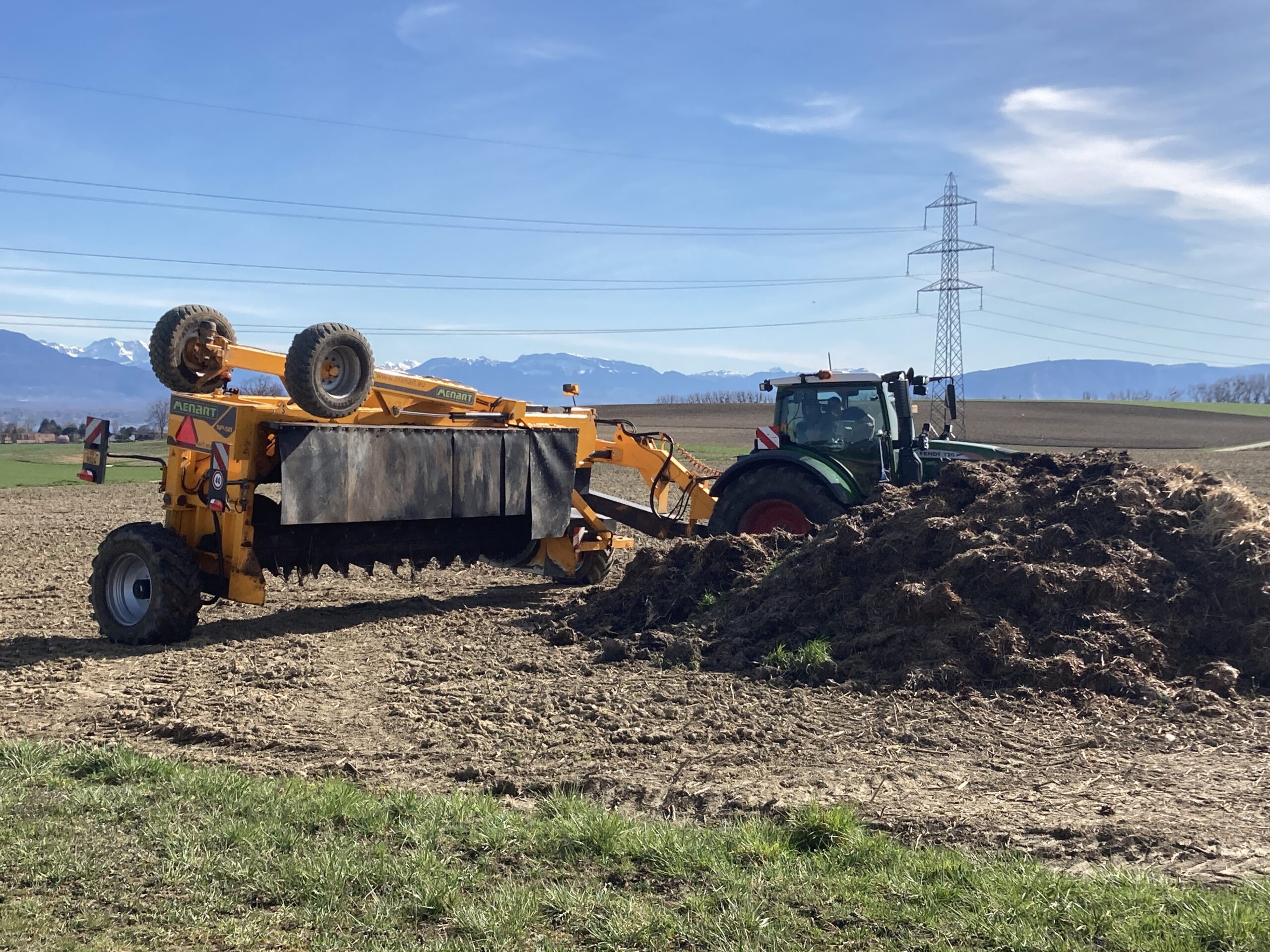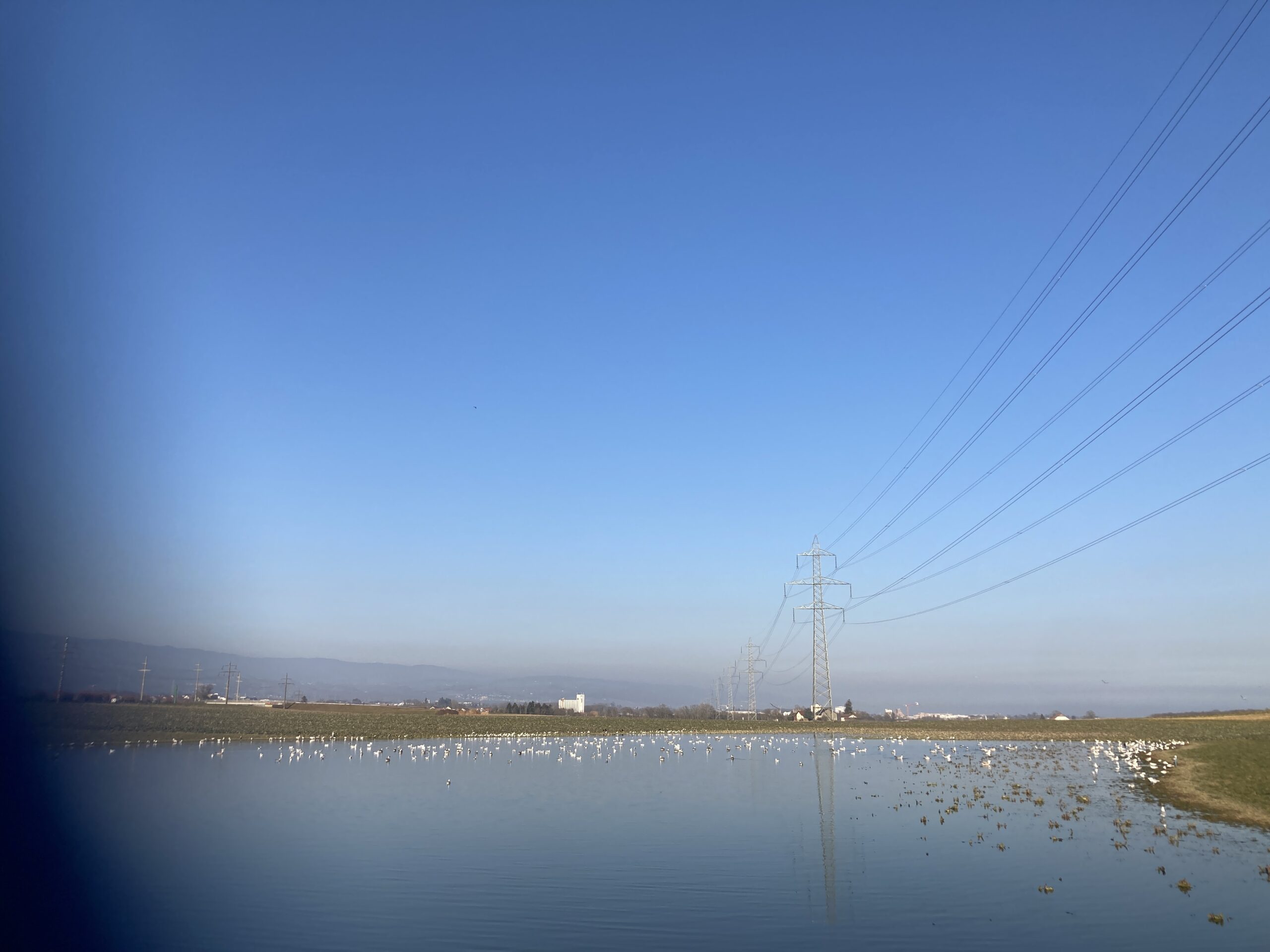Tag: farming
-

Aerating Manure
Reading Time: < 1 minuteToday I saw a strange machine so I stopped to watch it in action. It went over a pile of manure and flipped it around to get air through the pile to help with the forming of fresh manure to spread on fields shortly.
-

The Environmentally Unfriendly Farmer
Reading Time: 2 minutesFor several months I was not bothered by the noise of an environmentally unfriendly farmer. This farmer loves to use a really old tractor. He loves to turn on the engine and let it run for minutes at a time, without moving. It is running now, as he fills the container with…
-
Moving Sugar Beet
Reading Time: 2 minutesFor a few weeks you see piles of sugar beet at one end, or another of fields. They stay that way for a while, until it rains for some reason. When it rains those piles of beet are loaded into hundreds of tractor trailer loads and transported to the train yard. The…
-
Tudor Monastery Farm – A documentary series
Reading Time: < 1 minuteI took advantage of a rainy day to watch a series of documentaries by the BBC called Tudor Monastery Farm. It is a documentary series where three individuals live the life people would have lived at the relevant time period for a year. During this year they try farming, mining, fishing…